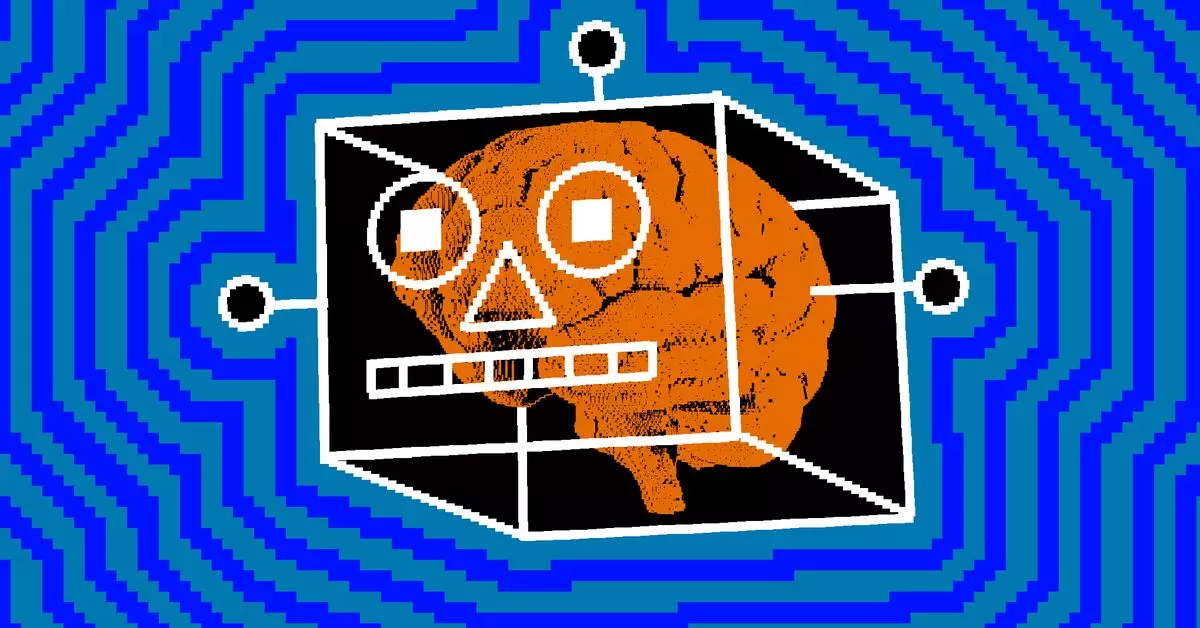In an era where technology is increasingly integrated into our daily lives, Google’s anticipated initiative, Project Jarvis, promises to revolutionize the way we interact with digital tasks. As reported by The Information, there are plans for a potential unveiling of this project in December. Project Jarvis is envisioned as a powerful tool, aiming to streamline various online activities such as research, shopping, and travel bookings, ultimately enhancing the user experience through the automation of routine tasks.
At the core of Project Jarvis is a future iteration of Google’s advanced AI system, Gemini. What sets Jarvis apart is its design, which specifically caters to Chrome users, allowing it to execute tasks directly via a web browser. The proposed functionality includes the ability to interpret and act upon screenshots, facilitating a hands-free approach to task management. While this automation is groundbreaking, it currently faces limitations, taking several seconds to perform each action, which may hinder real-time efficiency in a fast-paced digital environment.
Project Jarvis is not venturing into a void; it enters a fiercely competitive landscape where major tech powers are developing their own solutions for managing online interactions. Microsoft’s Copilot Vision enables users to engage in dialogue about the content of web pages, creating a more interactive browsing experience. Apple is also stepping into the fray with its forthcoming Intelligence feature, designed to understand and respond to activities across multiple applications, aiming for a seamless user experience. Furthermore, emerging contenders like Anthropic and OpenAI are concurrently working on similar capabilities, which signals a robust market interest in AI-driven task management solutions.
Despite the excitement surrounding Project Jarvis, Google’s plans are fraught with potential obstacles. The company’s timeline for unveiling the tool is tentative, as it may pivot based on testing outcomes and technical performance. The initial release may be limited to a small group of testers, which may help the company fine-tune the software and address any existing bugs. This cautious approach underscores the complexities involved in developing AI tools capable of accurately interpreting and acting on user inputs.
As we look toward the future, the implications of Google’s Project Jarvis could extend beyond mere task automation. If successful, it could redefine user engagement with technology and set new standards for competition in the AI landscape. With its focus on simplifying tasks and enhancing productivity, Jarvis stands to play a pivotal role in integrating AI further into our daily routines. As such, Google’s exploration into AI-driven solutions is not just about keeping pace with rivals, but about leading the way in the evolving arena of task management technology. The tech community watches closely, anticipating what the December reveal may bring.


Leave a Reply